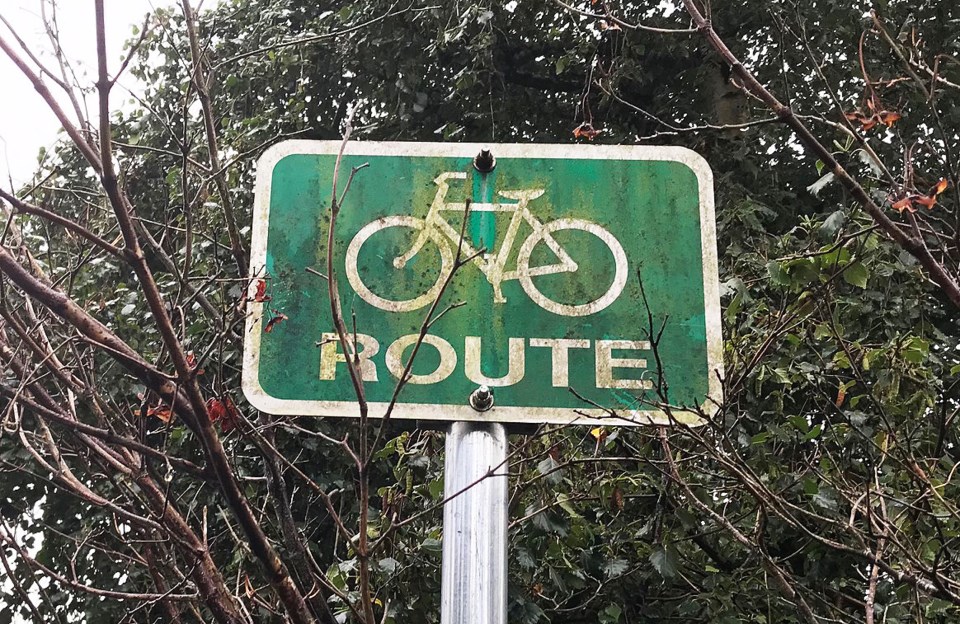The City of Delta will gather public feedback on a proposed cycling master plan.
Council last week endorsed a staff recommendation to see what people have to say about the draft plan, which has been a couple of years in the making.
“Delta's communities are connected by highways and intercommunity bicycle travel a challenge,” reads the Delta staff report presented at the April 11 council meeting. “At the same, Delta has relatively flat topography and several picturesque shoreline trails, making it an ideal environment for recreational cycling. The city has the opportunity to provide more safe and comfortable network connections that would encourage people of all ages and abilities to cycle to and from work, school, and other daily needs. This Cycling Master Plan represents the next step in encouraging and enabling cycling in Delta.”
The report explains the proposed plan focuses on creating a city-wide network of bicycle facilities that are physically separated from traffic and on streets with low traffic volumes.
Network gaps were identified with proposed improvements including 56 Street, 12 Avenue and 28 Avenue in Tsawwassen, as well as 64 Street, Ferry Road and 44 Avenue in Ladner and also 112 Street, 80 Avenue and Nordel Way in North Delta.
Meanwhile, future community linkage bike lane upgrades have also been identified including Arthur Drive, River Road and Ladner Trunk Road.
The draft plans notes new cycling routes, as well as upgrading current routes, have been prioritized from high, medium-high, medium, medium-low to low.
The timeframe depends on annual funding levels.
The total estimated cost for all the new high-priority routes alone would be over $16.4 million, while the cost for upgrading high-priority routes would be over $13.1 million.
The other priority categories would further add to the cost of the plan, which in the end would have a total cost $104,711,880.
The report also breaks down various funding scenarios for Delta’s five-year capital planning cycle.
If the city spends $100,000 per year over each cycle, it would take 59 years to complete the high-priority cycling projects identified in the plan, and much longer to complete all routes.
Increasing the annual funding would speed up the process.
The draft plan was developed based on public feedback from an initial round of public consultation held online in 2021, as well as consultations with stakeholders including Delta HUB Cycling.



